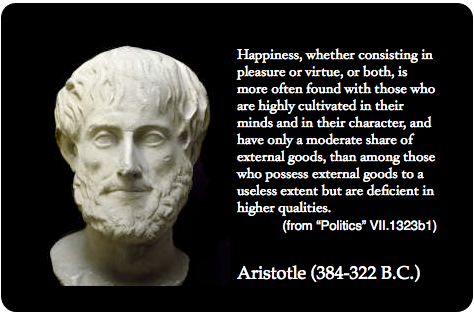Information has, in the internet age, moved to the forefront in the arsenal of weapons used in political and international struggles. China emphasizes defensive measures in the new information wars, investing heavily in its “Great Firewall” to cut off its citizens’ access to news and ideas the government deems inappropriate or dangerous. Russia is taking the offensive approach, flooding the media with disinformation to such an extent that many people, not knowing what to believe, cease to believe anything they read or hear. The United States, with its Wild West adulation of “Freedom!” above all, has proved particularly vulnerable to the torrent of lies and half-truths found today on the internet. In their responses to this torrent, Americans resemble the young students I have taught over the years. When a claim or idea they previously believed to be true is shown to be false, they rush to the conclusion that there is no truth at all. When political leaders they had formerly admired, or at least had assumed to be honorable, turn out to have been dishonest, they rush to the conclusion that all politicians are corrupt. “The system is rotten to the core!” people exclaim, and others from all points on the political spectrum nod their heads vigorously.
But there are honest, conscientious politicians, and there is a difference between truth and lies. So how can we recover our footing? Our response to these challenges may well determine whether the democratic experiment begun in America in 1776 continues, or whether the chaos grows so pervasive that Americans decide that, for the moment at least, they would prefer more order and less freedom.
Many people wiser and more experienced than I will have ideas, but here are three to start with—none of which is original to me.
- We need to make it possible to run for political office without having to raise millions of dollars. Our politicians should not have to spend their time fundraising instead of working to solve our society’s problems, and they should never have to feel pressured by rich donors and special-interest groups who, if offended, could engineer their defeat in the next election.
- We need to reform or replace PBS and NPR so that we have a completely non-partisan, independently-funded, non-profit source of news that is freely accessible to all. Commercial media organizations depend on advertising for their funding, which means they must keep their ratings as high as possible by publishing sensational content, while avoiding the sort of “boring,” long-form material that would actually do justice to the complex political and social and economic issues before us. Dependence on advertisers also means that commercial media organizations are subject to pressure from their advertisers to avoid controversial material.
- We need to honor education, and educated people. We need to promote education as a good in and of itself, in addition to whatever economic benefits it may bring. The deeply-ingrained suspicion of education in American culture, the denigration of “intellectuals,” the insistence that ignorance and manual labor go together, and that the ignorant manual laborer is more admirable than the ivory-tower university professor—these attitudes are unsustainable in a democracy that depends on every citizen being educated, well-informed, and highly skilled in the critical thinking that, today more than ever, citizens must employ to make wise decisions in the voting booth.
Discuss.




